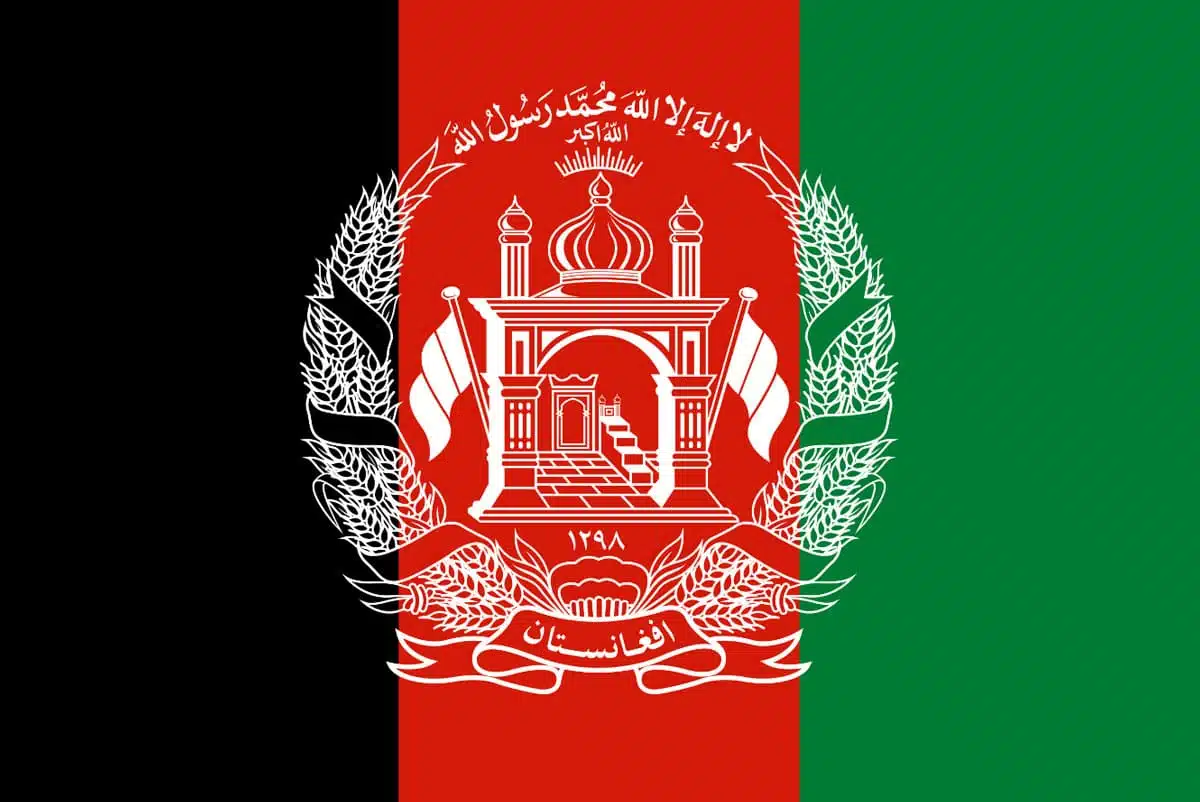
Afghanistan in the post U.S. election
Afghanistan in the post U.S. election
WHIA – Opinion
by Obaidallah Burhani, Ph.D.
Translation from Arabic by Dean Aesh
The United States holds a critical position on the global stage, underpinned by its formidable military and economic power, as well as its extensive network of alliances and partnerships spanning across Europe, Asia, and the Middle East. With deep-rooted ties to most Arab nations and Turkey, the U.S. wields significant influence in the region, augmented by its military interventions in Iraq and Afghanistan. As the principal strategic ally of Israel, the U.S. plays a pivotal role in the Israeli-Palestinian conflict. The outcome of American elections has a direct and profound impact on regional policies, and Afghanistan, with its intricate geopolitical landscape, remains a crucial historical and strategic gateway, continuing to play a vital role in the alliances and partnerships aimed at curbing Chinese influence in the region.
The 2024 U.S. elections will be decisive in shaping the nation’s foreign policy, especially in the Middle East, Central Asia, and Afghanistan. Policy shifts will be driven not only by the incoming leadership but also by evolving strategic interests. These changes could influence economic and military support, as well as diplomatic relations with Afghanistan’s neighboring countries, including Pakistan, Iran, and India.
A cornerstone of U.S. strategy in the region is countering China’s rising influence through reinforced alliances in the Indo-Pacific, striving to maintain a strategic balance in the South China Sea. Simultaneously, the U.S. seeks to contain Russia’s influence by imposing economic and diplomatic sanctions, particularly after the invasion of Ukraine, while bolstering support for Kyiv, strengthening NATO, and isolating Russia on the global stage. In the Middle East, the U.S. remains committed to fostering stability and safeguarding traditional allies like Israel and Saudi Arabia, while intensifying sanctions on Iran to prevent it from acquiring nuclear weapons. Though these strategies may adapt in response to geopolitical developments, the overarching goal remains to preserve American influence and interests in these vital regions.
Amidst U.S. policies in the region, Afghanistan holds a strategic significance that attracts the attention of global powers such as Russia, China, and Iran. The world, alongside the Afghan people, watches closely as the United States navigates its approach to Afghanistan in the face of these competing influences. Post-election, various scenarios for Afghanistan’s future may unfold, necessitating a comprehensive American strategy that aligns with current dynamics and sustains its interests.
One possible scenario is the continuation of the current status quo, which benefits the existing Afghan government. The U.S. is not pursuing regime change by force but is instead focused on a peaceful resolution and the full implementation of the Doha Agreement between Washington and the Taliban, offering Afghans a chance for reconciliation. Although the current Afghan government lacks formal recognition, the U.S. maintains a gradual engagement policy, with discussions underway about reopening a U.S. consulate in Kabul to provide consular services to American citizens. However, this remains uncertain, hindering Afghanistan’s full reintegration into the international community.
U.S. policy continues to provide humanitarian aid to the Afghan people through international agencies to meet essential needs like food and medical care while maintaining economic sanctions against the Taliban-led government and freezing Afghan government assets in international banks. These sanctions are designed to pressure the Taliban into implementing political reforms and safeguarding human rights. Despite the U.S. military withdrawal, America remains committed to combating terrorism in the region through remote military operations, including drone strikes and intelligence activities, in close collaboration with NATO allies and regional partners to ensure Afghanistan’s stability and prevent the resurgence of terrorist groups.
In a second scenario, the complex Afghan landscape sees various European and regional actors, along with fragmented Afghan opposition groups abroad, seeking to topple the current Taliban-led government. These actors have diverse objectives, all of which stem from concerns that the government may support terrorist groups, despite a lack of concrete evidence, except for the killing of Al-Zawahiri in Kabul in 2022. The Afghan opposition, led by Ahmad Massoud, aims to exploit the situation for financial gain by selling illusions and extorting funds. Meanwhile, some U.S. factions are considering leveraging the fractured Afghan opposition in the elections, despite doubts about their loyalty as they simultaneously court Washington and curry favor with Russia and Iran. However, this strategy is unlikely to be employed at present to maintain balance in the current context. Other actors either lack the resources to wage costly wars or view creating chaos as a means to secure financial backing without achieving their stated goals.
It is certain that the U.S. will formulate a comprehensive regional strategy that includes Afghanistan, likely requiring significant shifts in policy and the approach to regional issues. Ensuring that local needs are met while adapting to changing international requirements will be crucial. These adjustments could involve re-evaluating foreign policy priorities, enhancing regional cooperation, and reassessing security and economic priorities.
